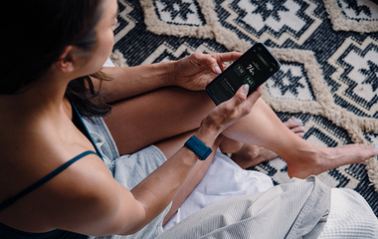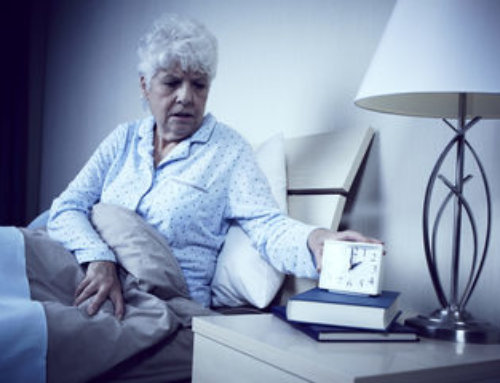A study published in the May issue of the Journal of Clinical Sleep Medicine shows that using a wearable sleep tracker may have a positive impact on the perception of sleep quality.
The research, conducted by the University of Arizona Health Sciences Center for Sleep and Circadian Sciences, monitored two weeks of sleep in 32 adults. For the one week they wore a wrist sleep tracker, the participants reported improvement in the perceived quality of their sleep, compared with the week in which they did not wear the device.
“Wearables that measure sleep are increasingly popular, but whether such devices modify sleep behaviors is unclear,” said senior author Dr. Sairam Parthasarathy, professor of medicine and director of the University of Arizona Health Sciences Center for Sleep and Circadian Sciences. “By studying the effect of a wrist-worn device on sleep perception, we found that in healthy individuals, wearables can improve sleep quality. A possible explanation for the observed improvement in sleep quality may be that, when wearing the device, the participants also demonstrated increased physical activity, which, in turn, could have improved sleep quality.”
The study also compared the results of the wearable device to an in-lab sleep study and found that it accurately measured heart rate and breathing rate. Parthasarathy believes the high accuracy for measuring respiratory rate could improve access to sleep-related care.
“A wearable that can accurately measure sleep and cardiorespiratory variables and that allows cloud-based, remote monitoring could not only facilitate sleep and cardiorespiratory research but could allow us to manage population health,” he said.
The study involved 21 women and 11 men. They had an average age of 24 years. Participants wore the WHOOP Strap 2.0 sleep tracker for one week and were evaluated by in-lab polysomnography on one night while wearing the device. Sleep quality was assessed using the PROMIS Sleep Disturbance Short Form, an eight-item questionnaire.
In a commentary on the study, also published in the May JCSM, Dr. Seema Khosla and Emerson Wickwire, who has a doctorate in psychology, write that the increasing use of wearable sleep devices calls for clinically relevant, standardized validation. They note that this study contributes to the growing body of consumer sleep technology research and includes the novel finding of perceived improvement in sleep by wearing a sleep tracker.
The authors reported no conflicts of interest. The study was funded with a grant to the University of Arizona from WHOOP Inc.
Read more sleep research news from the AASM.





